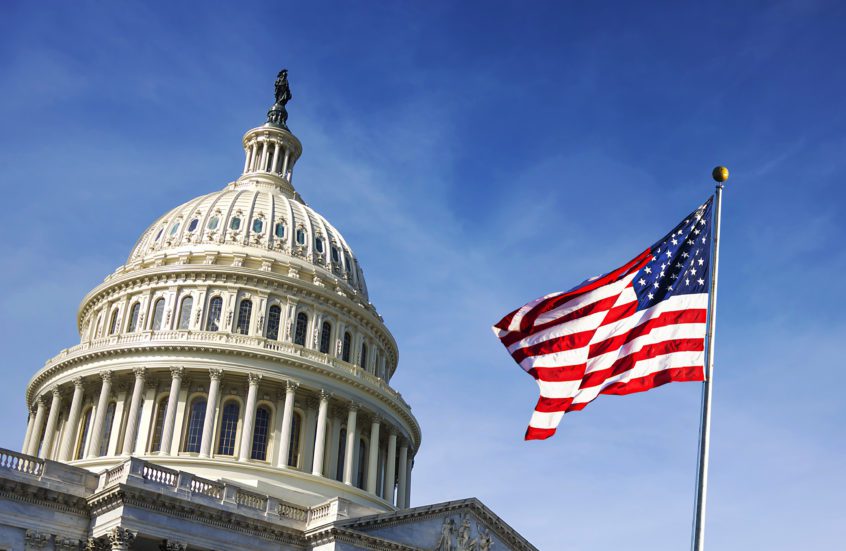When it comes to hearing healthcare, there’s been little help in the past as far as financial support for those on Medicare, and current legislation limits access to the services provided by audiologists.
However, there are several pieces of legislation in the works that could one day change that. Here’s an update.
Expanding Medicare to Hearing
According to the Academy of Doctors of Audiology (ADA), policy recommendations to expand Medicare to include hearing, vision, and dental coverage have gained increasing support from influential members of Congress over the past few years. President Biden has also identified Medicare modernization as one of the key health care priorities for his Administration.
A legislative package to include expanded Medicare hearing services and hearing aids (as well as vision and dental services) is currently being drafted by key congressional committees for potential consideration by the full Congress in Fall 2021. This legislation may be considered under expedited budget reconciliation procedures that require a simple majority vote for passage in the U.S. Senate, potentially increasing its chances for approval.
An Audiologist is Needed
The American Academy of Audiology (AAA), the American Speech-Language Hearing Association (ASHA), and the ADA are working collaboratively to educate members of Congress and their staff on the critical role of the audiologist to the success of any new hearing benefit under Medicare. The foremost legislative priority for these groups is to ensure the provisions of the Medicare Audiologist Access and Services Act, or MAASA, (H.R. 1587/S. 1731) are included in any proposal.
AAA, ADA, and ASHA are concerned that simply adding hearing aid coverage of any level—without addressing meaningful access to the diagnosis and treatment services provided by audiologists—will not ensure successful utilization of the benefit by Medicare beneficiaries. The success of any Medicare modernization and expansion effort for hearing health care is predicated upon making necessary statutory updates included in MAASA to:
- Classify audiologists as “practitioners.”
- Reimburse audiologists for the Medicare-covered services that they are licensed to provide.
- Eliminate the requirement for beneficiaries to obtain a physician order for coverage when seeking care from an audiologist.
Policymakers are grappling with determining the scope of coverage for all potential expanded Medicare benefits, including hearing benefits, as well as the qualifications for coverage, projected utilization, and the costs of delivering coverage in relation to available resources.
Over-the-Counter Hearing Aids
In the meantime, Congress has delayed implementation of over-the-counter hearing aid sales due to waiting for the Food and Drug Administration to release regulations that would offer a self-fitting solution for people with mild to moderate hearing loss. President Biden has ordered the FDA to produce the rules for over-the-counter hearing aid purchases by mid-November, which means they won’t go into effect until sometime in 2022.
While the legislation makes it possible for individuals to purchase less expensive hearing devices (likely in the $500 per ear range), it still recommends the individual have an audiologist perform a comprehensive hearing evaluation to be certain the hearing loss is appropriately diagnosed and that there are no underlying conditions.
And, if the degree and configuration of hearing loss is outside the range of the over-the-counter devices, the patient will need to discuss treatment options with an audiologist.
Associated Audiologists is advocating on behalf of our patients at the local, state and national levels on these important legislative issues.
Our goal is to be certain our patients have access to the services and devices they need to adequately diagnose and treat their hearing loss.



